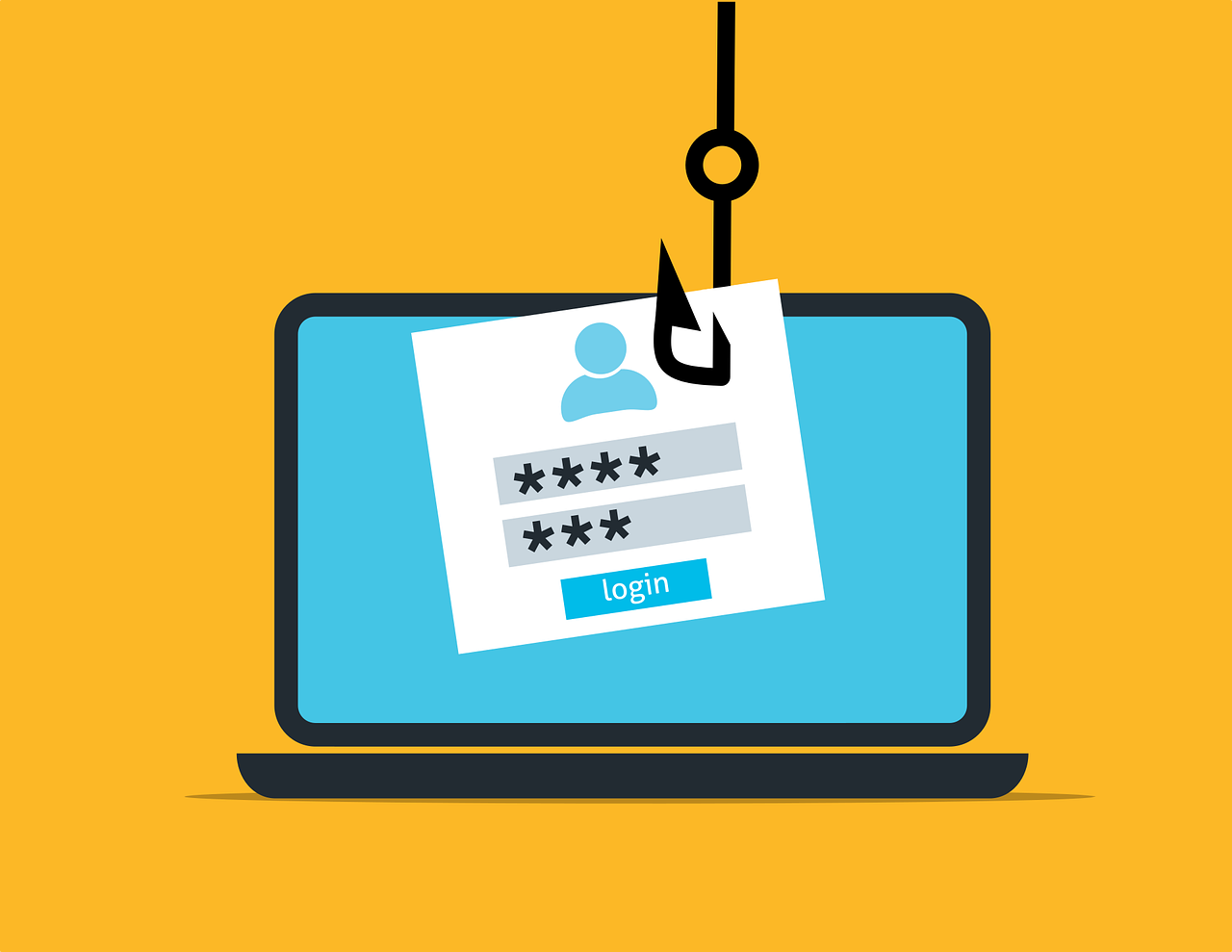According to Zvelo, phishing looks to be the top cyber crime challenge for 2019. For small business owners, this is not good news. It’s easy to dismiss the “desperate” pleas of a Nigerian Prince that promises you millions in an advance fee scam, but it’s far easier to open a letter, invoice, or shipping document from a message appears to come from a long-term client. Phishers are getting smart and that’s not good news for small business owners.
Here’s how to avoid getting caught.

If it sounds too good to be true, it is.
This is one of the oldest sayings, but it still rings true. Phishers play to people’s emotions: fear, greed, loneliness, desperation. This is why the Nigerian Prince scam still bilks people out of $700,000 a year. While it’s hard to believe that a foreign national you have never heard of before is willing to trust you with his inheritance, it’s easy to believe that with a little effort on your part, your money woes can completely disappear – even if that’s a lie.
Look out for unexpected invoices, deposit confirmations, and shipping notifications
Companies, especially those based in e-commerce, are used to an inbox full of digital documents such as order confirmations, invoices, and shipping notifications. So, when an email comes through from a company they normally deal with, many don’t think twice about opening the email and any attachments.
First, determine if this is an email you are expecting. Have you actually ordered something? Did you already pay that invoice? Next, check the sender’s email address. Is it your client or is the address off by a character? If you have opened the document and the wording is vague (doesn’t say what you ordered or what the invoice is for), don’t open the attachment.
Never hesitate to contact your client or vendor to verify if they sent the email.
It’s not just email. Phishers text too.
It’s easy to impersonate someone via a phishing text, especially if the scammer is using a stolen phone. Think twice before clicking hyperlinks from any message, particularly if that message is asking for banking numbers, passwords, or your location. Also be wary of any text that offers to wire you money for services such as mystery shopping.
Again, this is an area that can be difficult to detect for small business owners. You frequently hand out your card and ask for referrals, and your number is on your marketing materials. Unsolicited texts are common, making it more difficult to weed out which are from potential clients and which are from scammers. Apply the same logic to text messages that you use to avoid phishing texts.
What to do if you get caught in a phishing scam
Most business-targeting scammers try to emulate well-known corporations like Amazon, Apple, and Microsoft. Such corporations have a complaint/help email where you can report the incident. You can also report it to the Canadian Anti-Fraud Centre via phone or their online Fraud Reporting System.
If you have clicked any links or opened any documents, immediately run your protective software (Norton, McAfee, AVG, etc.) and ask your in house or contract IT consultant to check for malicious files.
Remain Vigilant
As long as hardworking Canadians are out there running small businesses and making money, unscrupulous scammers will be out there looking to steal from them. It’s an unfortunate part of reality, but by remaining vigilant, you can greatly reduce your chances of being snared by the growing phishing problem.











